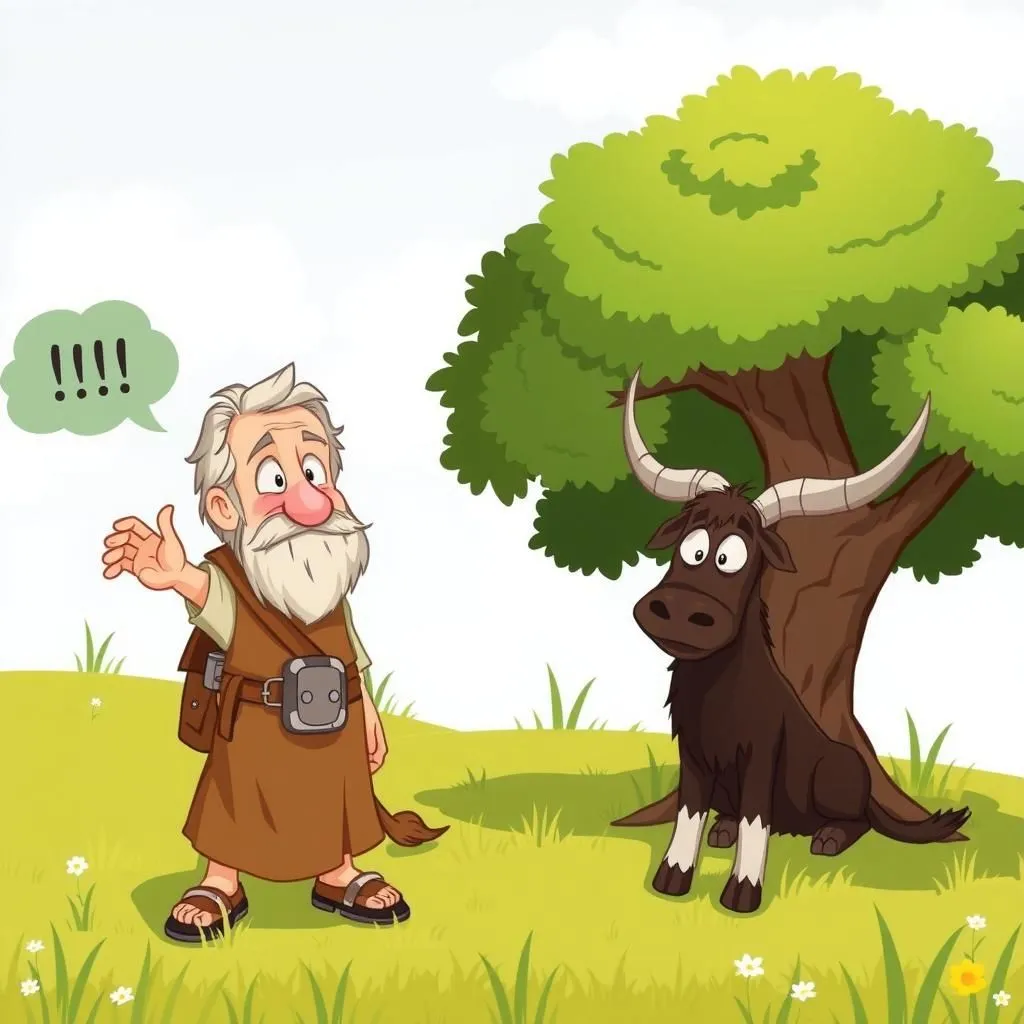
The Ass Carrying the Image
In this life-changing story with a moral, an ass, proud and stubborn, mistakenly believes the crowd is admiring him as they bow before a wooden image he carries. Refusing to move until his driver chastises him, the tale highlights the folly of taking credit for the achievements and reverence due to others, making it a compelling quick read story with moral lessons. This creative moral story illustrates the importance of humility and recognizing the true sources of admiration.


